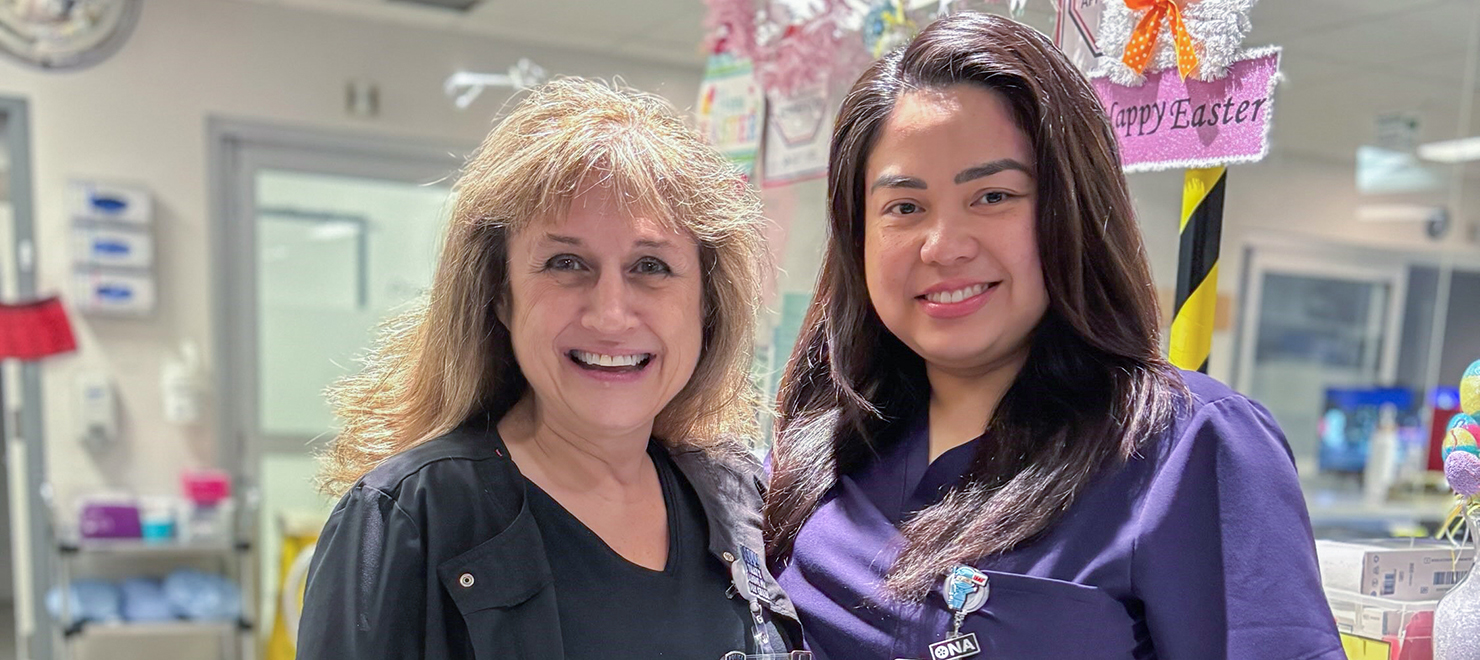
Many people around the world struggle to make their dream of becoming a parent a reality.
Dr. Jenna Gale, a specialist in reproductive endocrinology and infertility, shares five pieces of advice to help you or a loved one on the fertility journey.
1. First, remember that you are not alone
Infertility affects one in six couples globally, which translates to about 15 per cent of the population. This statistic only refers to couples who struggle to get pregnant, so the number is even higher when including all people accessing fertility centres for various reasons, such as for donor eggs or sperm, for fertility preservation before chemotherapy or gender-affirming treatment, and for age-related fertility decline.
2. The earlier you begin treatment, the better your chances of success
People who are born with ovaries are also born with all the eggs they will ever have. Over time, eggs decline in number and quality. For these reasons, fertility treatment success rates are highest before the age of 35, but consulting with a fertility specialist can provide a clearer understanding of your individual chances of success.
3. Be ready to talk about your family building goals
When meeting with a fertility specialist, the main objective is to help you find the best solution to achieve your overall family building goals. That’s why it’s important to reflect on your goals before meeting with a specialist. For instance, if you are hoping for more than one child, you may want to consider in vitro fertilization (IVF) sooner to create and freeze extra embryos for future use.
4. Research your funding options
In most countries, fertility treatments are largely funded out of pocket, often resulting in substantial financial burdens. In Canada, publicly funded coverage is inconsistent across the country and most employers provide no fertility benefits at all. Before meeting with a fertility specialist, research whether public funding is available where you live and if you qualify.
5. Get support or give support to a loved one, the right way
People struggling with infertility need support, but the type of support may vary from one person to another. To help find the support that is right for you, consider visiting your fertility centre’s website or talking to your fertility specialist or family doctor. And if a loved one is struggling with fertility, try to offer support without prying or giving unsolicited advice. Simply remind them that you are there for them if they ever want to talk and that they can tell you what they need from you.
Learn more
In this video, Dr. Gale provides more information to help make the fertility journey a bit easier for you or a loved one.

Support patient care and research at
The Ottawa Hospital
You might also like…
What to do in an emergency: New first aid video series on YouTube
Would you know what to do if you saw someone experience a stroke, heart attack or opioid overdose? We’ve launched a series of easy-to-follow videos on YouTube that walk you through how to respond to common first aid emergencies.
Aging well: Guidance for older adults
In this special video series for both older adults and their loved ones, geriatric care specialists from The Ottawa Hospital offer guidance on navigating common health-care challenges that may arise with aging.
How to stay safe around water this summer
Drowning can happen to anyone — even strong swimmers. Emergency physician Dr. Christian Vaillancourt debunks common myths about drowning, explains how to act quickly to save a life, and shares what you can do to keep yourself and your loved ones safe around water.
What’s the difference between an optician, optometrist, orthoptist and ophthalmologist?
“Do I need to see an optician, optometrist, orthoptist or ophthalmologist?” We asked Ophthalmologist Dr. Annick Fournier to break down each role so you will know who to consult for your specific eye care needs.
Novice nurses and their mentors learn and grow together
Discover how mentorships at The Ottawa Hospital facilitate a smoother transition into practice for novice nurses, allow experienced nurses to hone their leadership skills, and play a crucial role in retaining nurses from both generations.
Respirologist answers FAQs about cystic fibrosis
Cystic fibrosis (CF) is the most common genetic disease affecting children and young adults in Canada. Respirologist Dr. Shawn Aaron provides an overview of CF, including causes, symptoms, and the remarkable improvements made in life expectancy over the years.


 To reset, hold the Ctrl key, then press 0.
To reset, hold the Ctrl key, then press 0.





